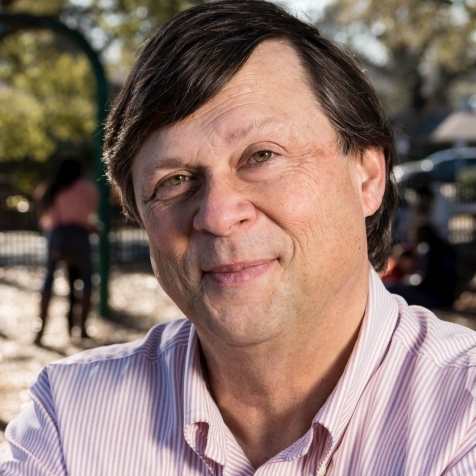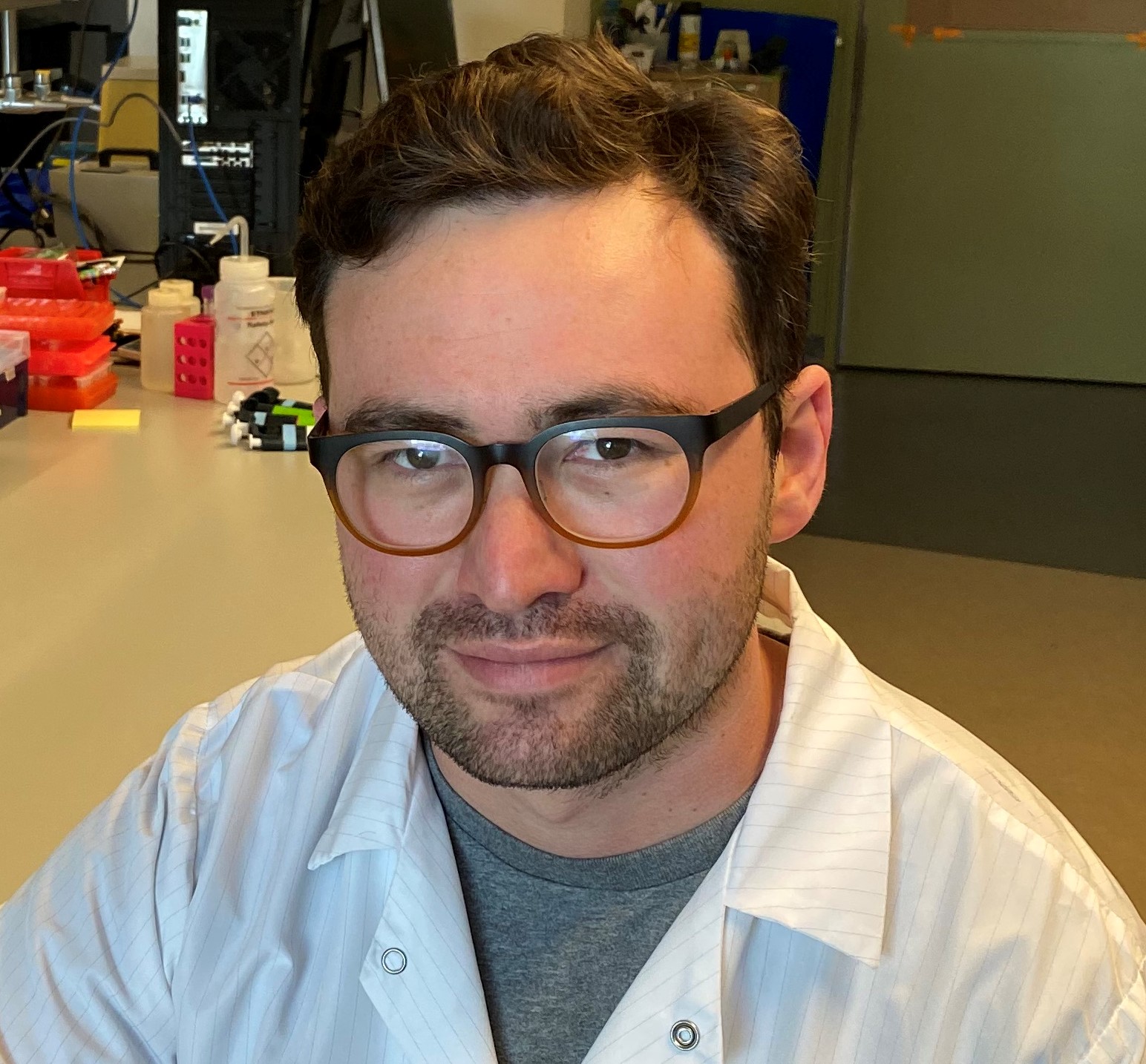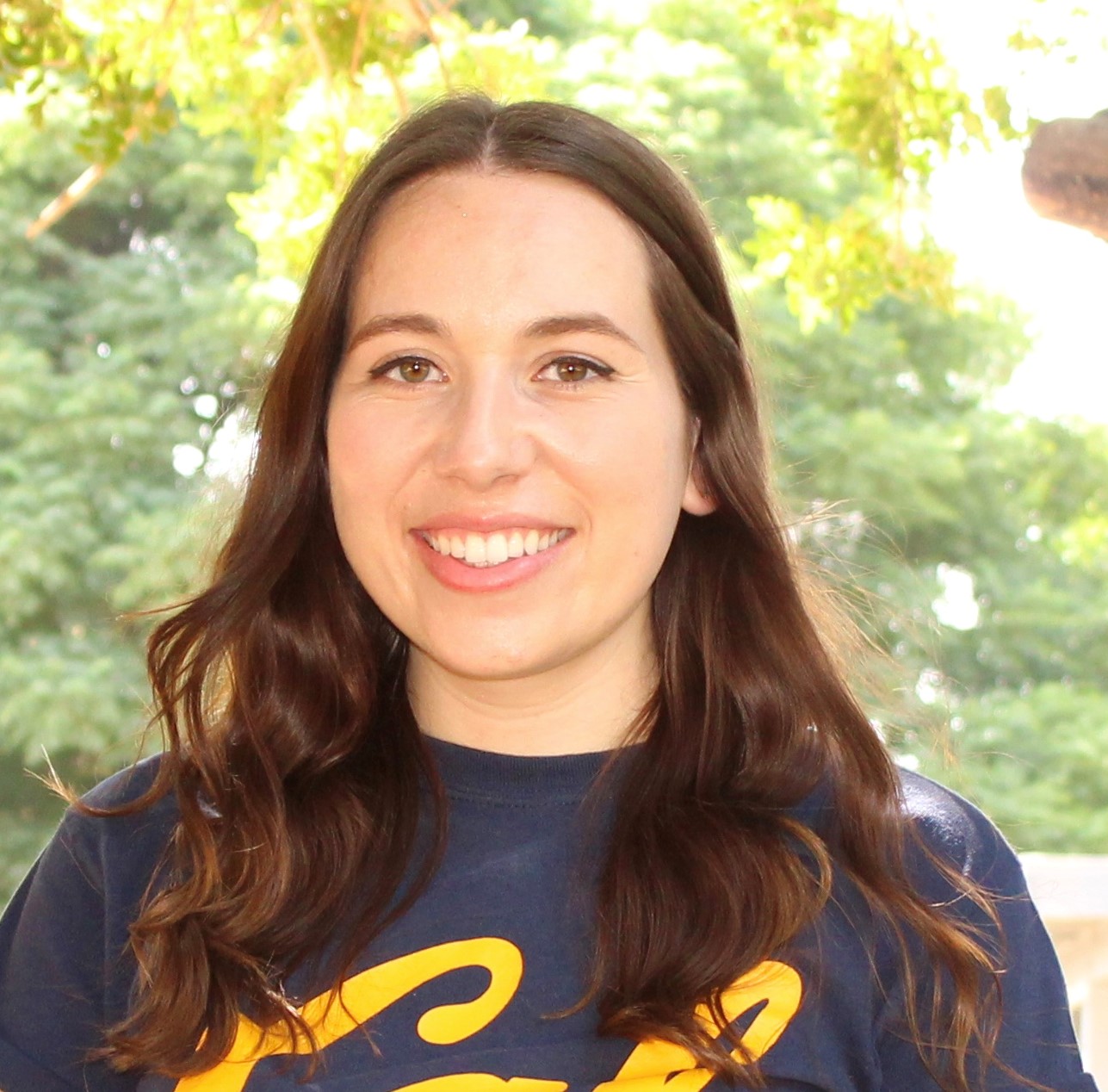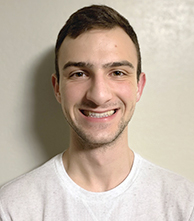On February 10th, ARCS members enjoyed a fascinating presentation and Q&A with Dr. Mark Davis, Professor of Immunology at Stanford University’s Institute for Immunity, Transplantation, and Infection. Dr. Davis is well known for identifying many of the T-cell receptor genes, which are responsible for the ability of these cells to recognize a diverse repertoire of antigens. Hs current research focuses on obtaining a “systems-level” understanding of the human immune system. This has involved the steady-state and vaccine response of old and young subjects, as well as recent studies of twins, which concluded the variation in most immune system parameters is not driven by inherited variation, but rather by environmental factors.
Some interesting takeaways from Dr. Davis’s talk:
- Since 1960, eighteen Nobel Prizes have been awarded in the field of immunology. Academic researchers are not risk-averse, can cooperate, receive funding from foundations, and do not have to validate a bottom line.
- Many over-the-counter medicines claim to boost immunity despite having no basis in science. There is no regulation for these medications and with no evidence that they kill, they can be sold.
- Twin studies have shown environment is much more important to the immune system than genetics. The immune system weakens as people age. For example, 70% of coronavirus deaths have occurred in people 65 years and older.
- Research conducted on tonsils in a Petri dish is more reliable than research on mice.
- Specialized T and B cells are actively at work within the human body. T cells, known as memory cells, and B cells, a type of white blood cells, are instrumental to immune system protection.
- Every thirty minutes a virus is capable of a new variant.







